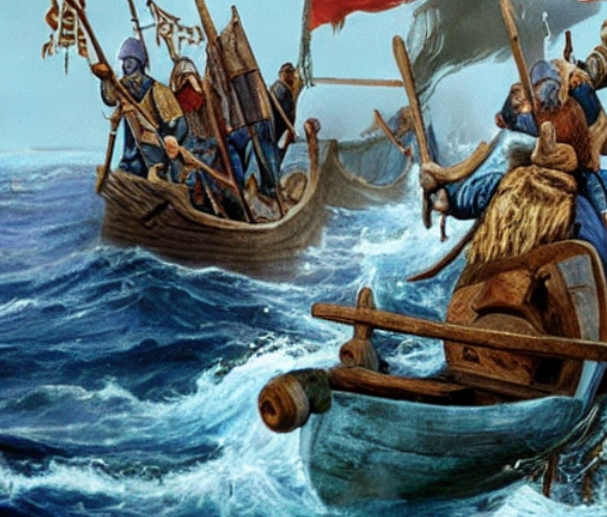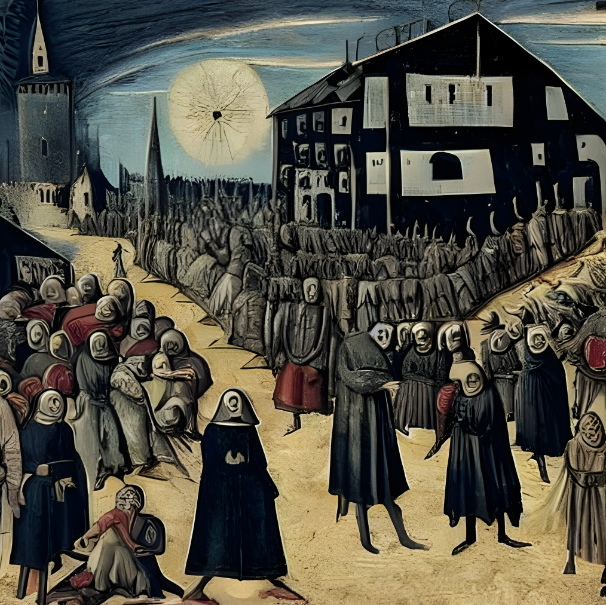European history facts that are often overlooked
Europe has a rich and diverse history, spanning thousands of years and encompassing countless cultures, languages, and traditions. From the ancient Greeks and Romans to the medieval knights and Renaissance artists, Europe has produced some of the world's greatest thinkers, artists, and leaders.
- The Oldest Known Human Art is in Europe
The cave paintings at Chauvet-Pont-d'Arc in southern France are some of the oldest known human artworks in the world, dating back to over 30,000 years ago. The paintings depict animals such as horses, mammoths, and lions, as well as handprints and other abstract shapes. They provide a fascinating glimpse into the lives and beliefs of early humans in Europe.
- The Vikings Were Expert Seafarers
The Vikings, who originated from Scandinavia, were renowned for their seafaring skills and often raided coastal towns and cities in Europe during the medieval period. They also established settlements in places like Iceland, Greenland, and even North America, over 500 years before Christopher Columbus.
- The Black Death Changed Europe Forever
The Black Death, also known as the bubonic plague, swept through Europe in the 14th century and killed an estimated 25 million people, or about one-third of the continent's population at the time. The devastating impact of the plague had profound social, economic, and cultural effects on Europe, including changes to labor markets, religious practices, and medical knowledge.
- The Enlightenment was a European Movement
The Enlightenment, a philosophical and cultural movement that emerged in the 18th century, was primarily a European phenomenon. It emphasized reason, science, and individualism, and had a significant impact on the development of modern Western societies. Key figures of the Enlightenment include Voltaire, John Locke, and Immanuel Kant.
- The Fall of the Berlin Wall Signaled the End of the Cold War
The Berlin Wall, which divided East and West Berlin during the Cold War, was finally dismantled in 1989, signaling the end of the conflict between the capitalist West and communist East. The fall of the wall also paved the way for the reunification of Germany, which had been divided since the end of World War II.
- The European Union is the World's Largest Trading Bloc
The European Union, a political and economic union of 27 member states in Europe, is the world's largest trading bloc, with a combined GDP of over $16 trillion. It was established in the aftermath of World War II as a means of promoting peace and prosperity in Europe, and has since become a major global player in areas such as trade, foreign policy, and climate change.
These are just a few of the many fascinating facts and events from European history. From the ancient cave paintings of southern France to the modern-day European Union, Europe has played a significant role in shaping the world as we know it today. By studying and understanding its rich history, we can gain a deeper appreciation for the people, cultures, and ideas that have made Europe such a vibrant and influential part of our world.







Comments
Post a Comment